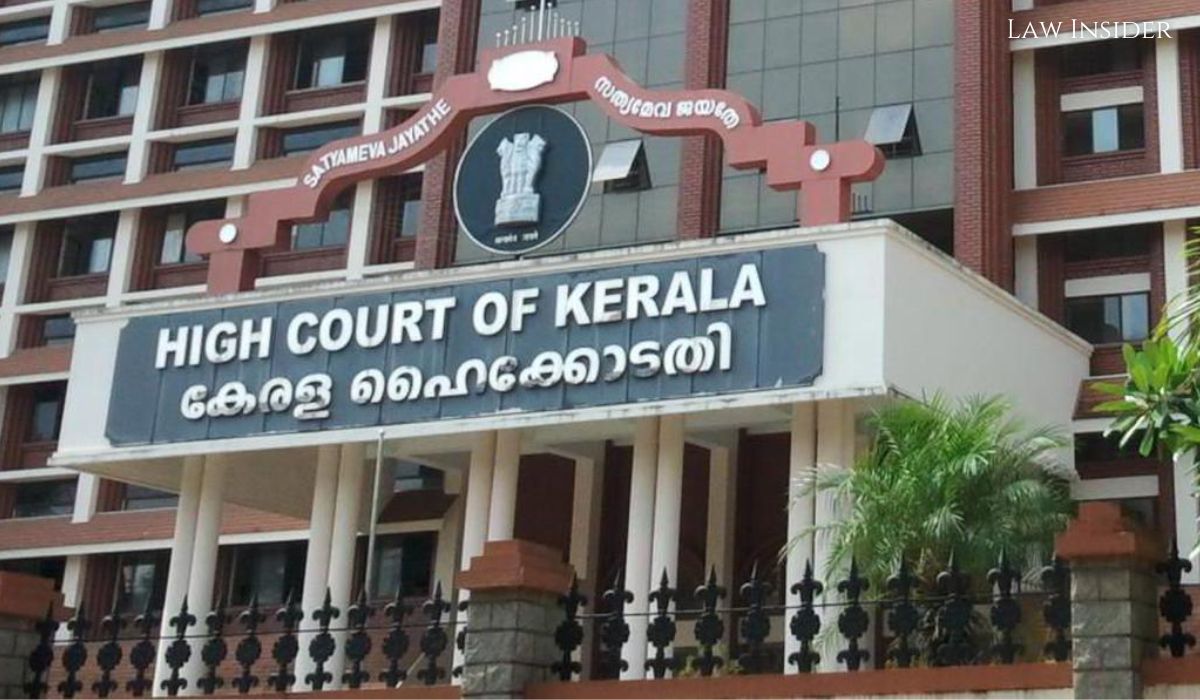LI Network
Published on: October 22, 2023 at 11:42 IST
The Kerala High Court has highlighted the significance of questioning the accused under Section 313 (1) (b) of the Code of Criminal Procedure (CrPC).
This decision came as the Court set aside orders passed by the Trial Court and remanded the complaints back to the Trial Court for reexamination, underlining the importance of providing the accused a fair opportunity to explain incriminating circumstances.
The High Court’s direction was prompted by the Magistrate’s failure to question the accused under Section 313 (1) (b) of the CrPC, leading to a miscarriage of justice. This failure denied the revision petitioner/accused the chance to clarify incriminating circumstances from the evidence against them and address other issues raised in the memorandums.
The case involved revision petitions challenging judgments that had convicted and sentenced the revision petitioner under Section 138 of the Negotiable Instruments Act.
The High Court, in a single-judge bench presided by Justice C. S. Dias, observed that while the failure to question the accused about incriminating circumstances might not automatically vitiate the entire trial, it could indeed affect proceedings from the stage of Section 313 of the CrPC.
The Court emphasized that the provision aims to adhere to the principles of natural justice, specifically the “audi alteram partem” principle, which dictates that both sides must be heard. Consequently, inculpatory materials and circumstances not presented to the accused under Section 313 cannot be used against them.
In the case at hand, the revision petitioner, a businessman operating an Oil Mill, had borrowed Rs. 10 lakhs from the Respondent and issued two cheques to repay the debt. However, when these cheques were presented in the bank, they were dishonored due to insufficient funds in the petitioner’s bank account. The Respondent issued a statutory lawyer’s notice, which was returned as ‘unclaimed.’
The petitioner then received a summons for an offense under Section 138 of the Negotiable Instrument Act. Despite pleading not guilty, the Magistrate proceeded with proceedings without questioning the petitioner under Section 313 (1) (b) of the CrPC and prevented the petitioner from presenting any defense evidence. Consequently, the petitioner was convicted and sentenced.
The petitioner appealed to the Appellate Court, which confirmed the conviction but modified the sentence imposed by the Magistrate.
The High Court reviewed the case’s legality and propriety through revision petitions and found that the Court had failed to question the accused under Section 313 (1) (b) of the CrPC. The Court emphasized that this provision should be interpreted in favor of the accused and should not be used to corner them. It is meant to aid the Court in reaching a fair decision.
Referring to legal precedents, the Court underlined that the key criterion is whether the accused had an opportunity to respond to the prosecution’s case against them.
The High Court directed the Trial Court to question the revision petitioner/accused under Section 313 (1) (b) of the CrPC and proceed to decide the complaints from that stage in accordance with the law.
Case Title: Raju J Vylattu v. P.V. Alexander and Anr. [Neutral Citation: 2023/KER/61453]

